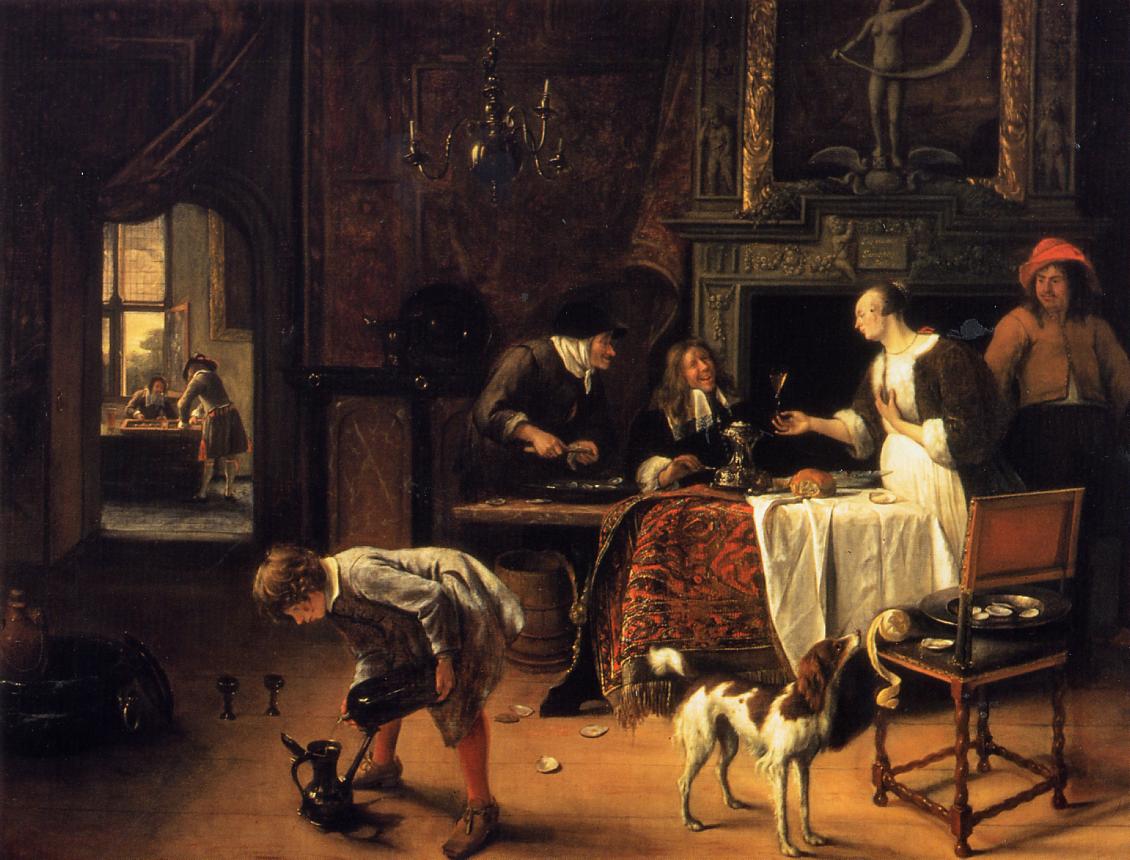In the 40s of the XVIII century, when Julie was a young girl, and Richardson’s novels gained international fame, letters became an invariable attribute of love intrigues. The XVIII century is famous for the correspondence conducted by intellectuals and lovers. Perhaps the most remarkable in this series were Julie’s letters. They are completely different from the letters of her overseas contemporaries Abigail and John Adams, who left descendants the richest marital correspondence in American history.
The long love of the presidential couple was based on family values, it was supported by religion, it was connected with politics – all this contributed to the voluntary submission of pleasure to duty. They often lived apart, as John performed official duties in Philadelphia, Paris and the Netherlands, while Abigail raised the children on their family farm in Massachusetts. When she finally connected with John in Paris, it was no wonder that she felt uncomfortable seeing how easily the French treat love affairs.
She was amazed at how men and women behaved in society, with what frankness they discussed their personal lives, which was considered absolutely indecent in her homeland. She was shocked when Madame Helvetius, the widow of the famous philosopher, wrapped her arms around Benjamin Franklin’s neck and kissed him on both cheeks. She felt awkward and insulted when ballerinas showed their ankles during a performance at the opera.
The Adams couple, representatives of a provincial and still puritanical American culture that lacked passion, lived in an atmosphere of family harmony, which Franklin and Jefferson, who worked in Paris without wives, valued so much for a reason. John and Abigail diligently preserved written evidence of their love affair, which lasted more than half a century. In contrast, Julie’s love letters to de Guibert, full of truly romantic descriptions of her feelings, eventually became associated with romanticism in French literature and in French life.

The purpose of a love letter is to convey your feelings with the hope of reciprocity. Letters can turn into an endless dialogue between lovers, but, as Julie de Guibert wrote, a monologue is better than nothing. When she wrote the letter, her emotions splashed out on paper, which was like bloodletting, purifying the blood, as doctors believed at that time. Feelings Lived richer than her life, but the men with whom she wanted to share them, despite their exclusivity, were not always as passionate as she was. However, the story of D’Alembert seems to me the most exciting. In all his life, he had never loved anyone as passionately as Julie. He loved her blindly, sincerely, deeply, faithfully. He was worthy of a better fate, but instead, after her death, he lost not only his beloved, but also faith in her love for him.
Nevertheless, she died the death she desired. She died with an unblemished reputation, beloved and adored by the color of French society. Apart from many eulogistic posthumous speeches, she could be very proud of the eulogy written by Guibert. He wrote about her talent for friendship and her generosity. The friends who gathered at her place were united by “the desire to please her and the need to love her.” He wrote about the harmony of her thoughts with the manner of their expression. “Her letters are full of the vivacity and warmth inherent in a lively conversation.” And he confessed: “When I traveled around Europe, her letters caught up with me, comforted and supported me.” Finally, he could not resist a personal comment that could deeply touch Julie: “If I ever do a kind or honest deed, if I achieve something great, it will happen because the memory of you will still fill and inflame my soul.”










































